Accelerator Training is a set of private, in-house workshops targeting your specific challenges.
Is an Accelerator Right for Your Organization?
You’re not new to agile. You’ve already been practicing for a while and want to improve. You want to:
- Align: You don’t want to repeat introductory training, while at the same time, you want to recap a few areas to ensure everyone is aligned.
- Address Your Challenges: You continue to run into the same issues when applying agile, scrum, or kanban. You know the basics – and then some – and you are looking to zero in on the trouble spots with the next level of training.
- Build on Your Experience: Your teams are experienced, so you want training that engages them and their knowledge to continue to improve.
- Advance: The organization is doing well with agile, and you want to take things further. You want to find places to improve your current practices and mindset and introduce new ideas and concepts.
How Accelerator Training Works for You
Teams and organizations often look for ways to break through challenges, sharpen their skills, or take things to the next level. The core Accelerator content helps you to discover gaps, misunderstandings, and misalignment. We build on this foundation by meeting with you to understand your needs & challenges and adapt the content for you.
Our Core Accelerator Workshops include:
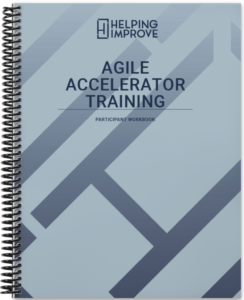
The Agile Accelerator is driven by the agile approach that you are using (Scrum, Kanban, etc.).
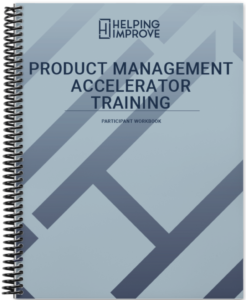
The Product Management Accelerator is built around essential skills in customer engagement, product management (product ownership), estimation, and product planning.
Additional Topics
For some organizations, the core content is enough. Some want to take a deeper dive into particular topics, such as:
Story Slicing
Story slicing (sometimes called story splitting) continues to be one of the biggest challenges for agile teams. It does not have to be. Our story slicing content is designed around your work, whether you are in the software space or using agile beyond software. We teach you the core concepts, then work with you to apply them to your stories – so you can immediately update your backlog.
This training starts by reviewing foundational user story concepts, filling in gaps, and aligning on terminology. Then we shift from foundational concepts to learning a story-slicing approach and techniques, slicing sample stories to understand the approach, and then applying the approach to your actual user stories.
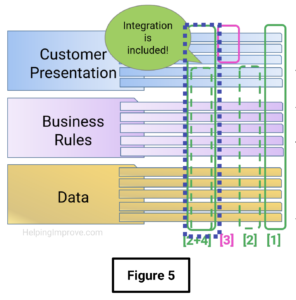
Retrospectives
Retrospectives are a critical tool for long-term improvement. Yet, they are often teams’ least favorite events. Stale retrospectives where people just “go through the motions” are not helpful. Retrospectives should change frequently. When you use the same format every time, you get “sleepy retrospectives.” Jumpstart your retrospectives by exploring and revisiting what retrospectives are intended to do. You will participate in a retrospective, design retrospectives, and troubleshoot the most common retrospective issues (including those sleepy retrospectives we mentioned).
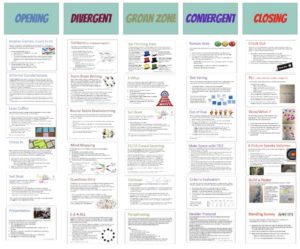
Estimation & Planning
Estimation & planning in agile is often confusing. In this workshop, we explain the differences between traditional estimation and agile estimation and examine the premise behind not estimating at all! We cover various agile estimation techniques’ concepts, pros, and cons. We also dig into common agile estimation mistakes and how estimates can be used for release plans. Perhaps most importantly, we unravel the issues with long-term forecasting based on vague estimates. We encourage anyone (including CEOs) asking for long-range estimates and forecasts to attend!

Quarterly Planning
Quarterly planning, release planning, and product increment (PI) planning are all ultimately the same. When you have multiple teams working on the same product, it makes sense to plan beyond a single sprint. Unlike sprint planning, quarterly planning is a looser forecast, allowing teams to work together to outline dependencies and related issues. This workshop is typically run as a facilitated event, with your teams doing quarterly planning. It includes pre-work and training, facilitation preparation, and in-depth knowledge sharing to co-facilitate this event with your people so that you can run the next one yourself.
Experiment & Prototype Design
Every idea for a new feature, product, service, strategy, or business contains uncertainty, assumptions, and risk. Driving out uncertainty and reducing risk is an essential part of development. With well-designed experiments, developers can test the theories behind these ideas. This workshop helps teams understand why testing their ideas is vital – and what can happen if they don’t. We explore tools for uncovering the most significant areas of risk in proposed solutions and discovering “leap of faith” assumptions. Then we look at methods for designing experiments and prototypes to test the hypotheses behind these assumptions. Together, these techniques allow participants to reduce risk and turn assumptions into validated learning.
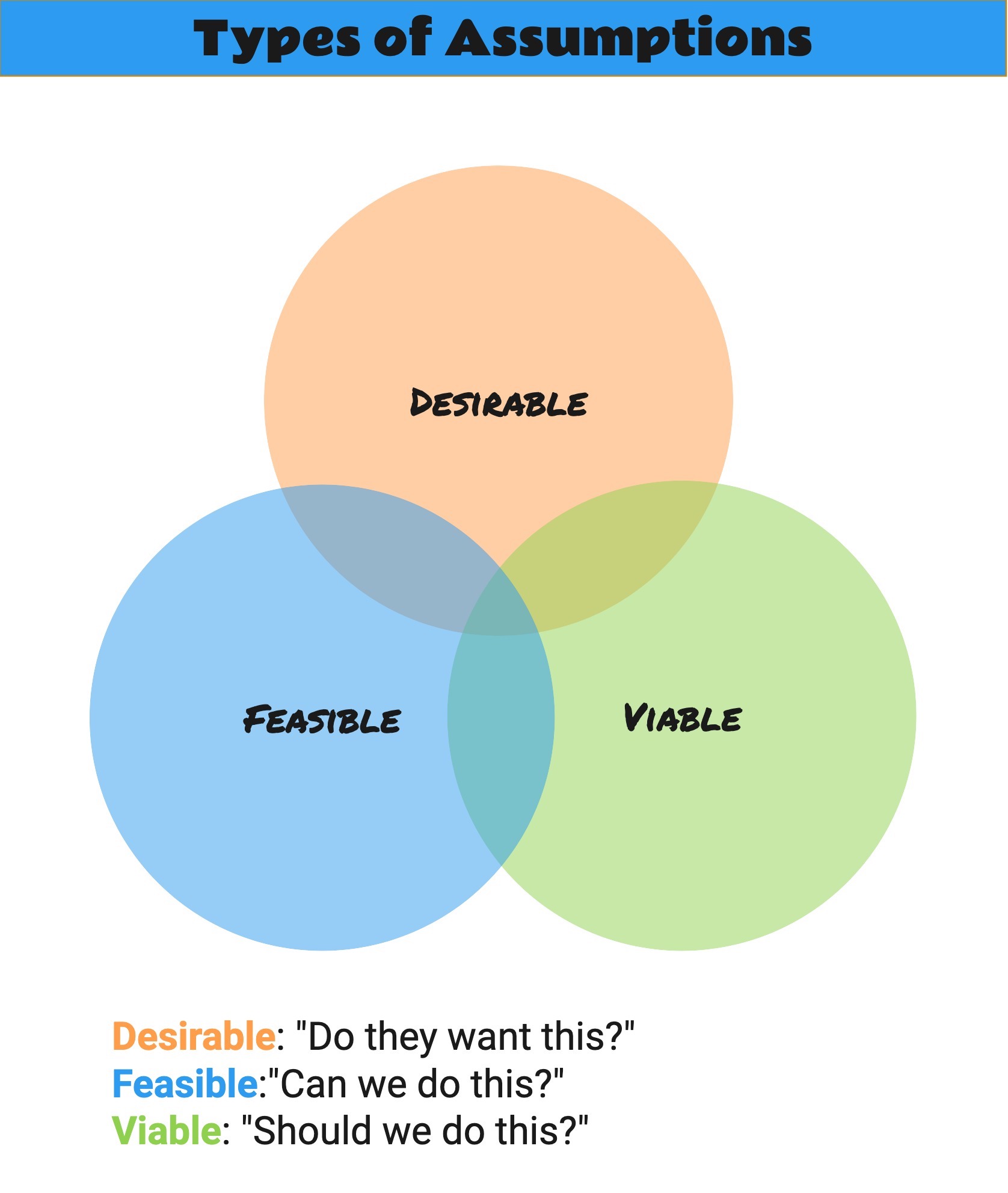
Contact Us
Interested in learning more about our Accelerator Training Workshops? Contact us to set up a time to chat about your needs.
